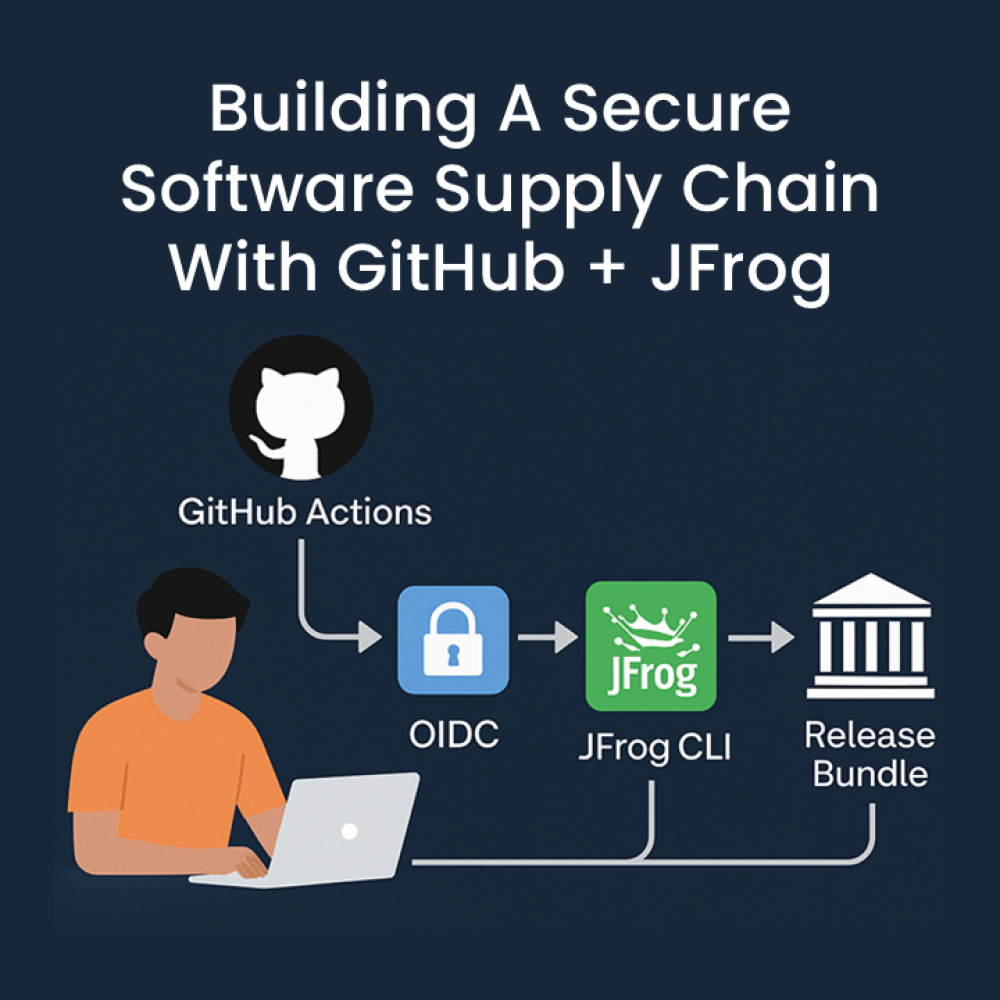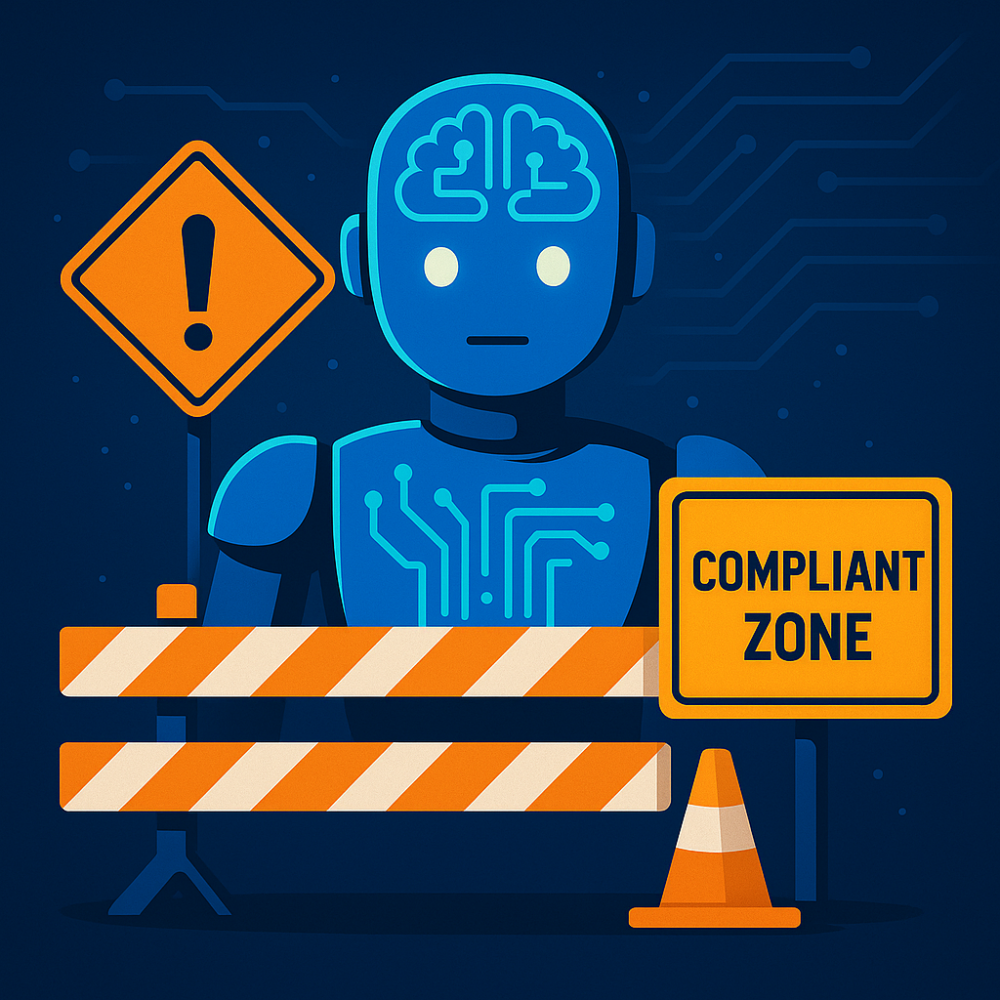Businesses rely on high-quality, reliable data for analysis, strategic decision-making, and revenue growth. Like other software systems, data integration can benefit from automated testing. However, it’s rare to find data pipeline projects with effective automated tests. When present, these tests often face execution challenges and fail to clearly communicate their objectives.
The goal is to release high-quality data frequently, gather feedback, and meet user acceptance criteria. Data pipelines often interface with other systems, making high data quality crucial for seamless integration and consumption by end-users.

Primary Issues with Manual Data Testing
Manual testing is impractical in dynamic, agile environments due to:
- Significant time consumption scripting in Python and/or SQL.
- Hindering the regular delivery of data pipelines.
- Delays in testing that allow bugs to accumulate.
- Lack of reproducibility for effective regression testing.
- The need for extensive initial planning and ongoing diligence.
Components to Consider for Data Pipeline Test Automation
- Data Sources: Origin of the data along with the data flow and lineage.
- Data Ingestion: Process of collecting data from the source.
- Data Transformation: Converting collected data for analysis, data quality and standardisation.
- Data Verification/Validation: Ensuring data accuracy and consistency.
- Data Storage: Storing transformed and validated data.
- Data Analysis: Analysing stored data to uncover patterns and insights.
Best Practices for Automating Data Pipeline Testing
Implementing effective test automation capabilities into data pipelines involves following the below practices:
- Defining clear and specific test objectives along with the success criteria.
- Testing all workflows of the data pipeline and understanding the data flow & lineage.
- Using reliable test data to encompass positive, negative and edge-case test scenarios.
- Employing robust automation tools, including open-source tools like Great Expectations (GE), which can be extended for comprehensive data testing.
- Regularly monitoring the data pipeline including the use of observability tools for dashboards and setting up notifications/alerts based on pipeline events.
- Engaging stakeholders and maintaining thorough documentation on the objectives and outcomes of the data testing conducted, ensuring this can be consumed in a way that business users will understand.
Benefits and Challenges of Automated Testing
Benefits:
- Speed: Accelerates test execution to run in conjunction with data pipeline events.
- Reusability: Automated test scripts are easily reused across other pipelines.
- Reporting: Provides detailed reports useful for compliance audits and identifying deficiencies.
- Cost Efficiency: Reduces staffing needs to manually oversee and run tests, thereby improving the engineer’s productivity to focus on higher value tasks.
Challenges:
- Report Testing: Automating BI or analytic report testing can be complex based on the data flows, integrations and managing dependencies for all upstream data sources.
- Data Complexity: Handling complex data structures and transformations.
- Pipeline Complexity: Managing multi-stage pipelines and mitigating unintended downstream impacts.
- Manual Testing Necessity: Automation cannot fully replace manual testing, especially for complex and user acceptance tests.
- Tool Costs: Initial costs can be high, however long-term benefits often justify the investment, with further optimisation to be applied to pipeline configurations.
- Training Requirements: Effective use of automated tools requires significant training and capability uplift, or investment in the right resources.
Conclusion
In today’s tech-driven landscape, automating data testing is crucial for maintaining efficient data pipeline operations to help your organisation release data products to market faster. The growing availability of test automation tools like Appium, Selenium, and Katalon Studio along with Data Quality testing tools such as Great Expectations and Sodacore necessitates proficiency among data engineers, BI professionals, and QA teams. As the divide between testers and developers narrows, reliance on advanced automated testing tools increases, underscoring the need for comprehensive solutions that ensure data integrity, quality and reliability.
With our deep expertise in Data and AI, we can help your organisation navigate the complexities of automated data pipeline testing and achieve high-quality, reliable data for your business. Contact us today to learn how we can support your data initiatives and drive your success.

